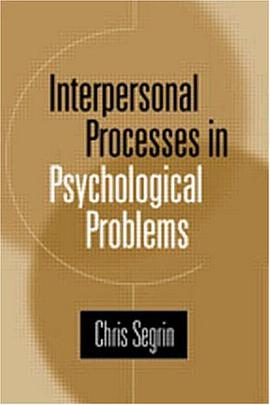

具体描述
How did ideas about crime and criminals change in Europe from around 1750 to 1940? How did European states respond to these changes with the development of police and penal institutions? Clive Emsley attempts to address these questions using recent research on the history of crime and criminal justice in Europe. Exploring the subject chronologically, he addresses the forms of offending, the changing interpretations and understandings of that offending at both elite and popular levels, and how the emerging nation states of the period responded to criminal activity by the development of police forces and the refinement of forms of punishment. The book focuses on the comparative nature in which different states studied each other and their institutions, and the ways in which different reformers exchanged ideas and investigated policing and penal experiments in other countries.It also explores the theoretical issues underpinning recent research, emphasising that the changes in ideas on crime and criminals were neither linear nor circular, and demonstrating clearly that many ideas hailed as new by contemporary politicians and in current debate on crime and its 'solutions', have a very long and illustrious history.
作者简介
目录信息
读后感
评分
评分
评分
评分
用户评价
相关图书
本站所有内容均为互联网搜索引擎提供的公开搜索信息,本站不存储任何数据与内容,任何内容与数据均与本站无关,如有需要请联系相关搜索引擎包括但不限于百度,google,bing,sogou 等
© 2026 book.wenda123.org All Rights Reserved. 图书目录大全 版权所有




















